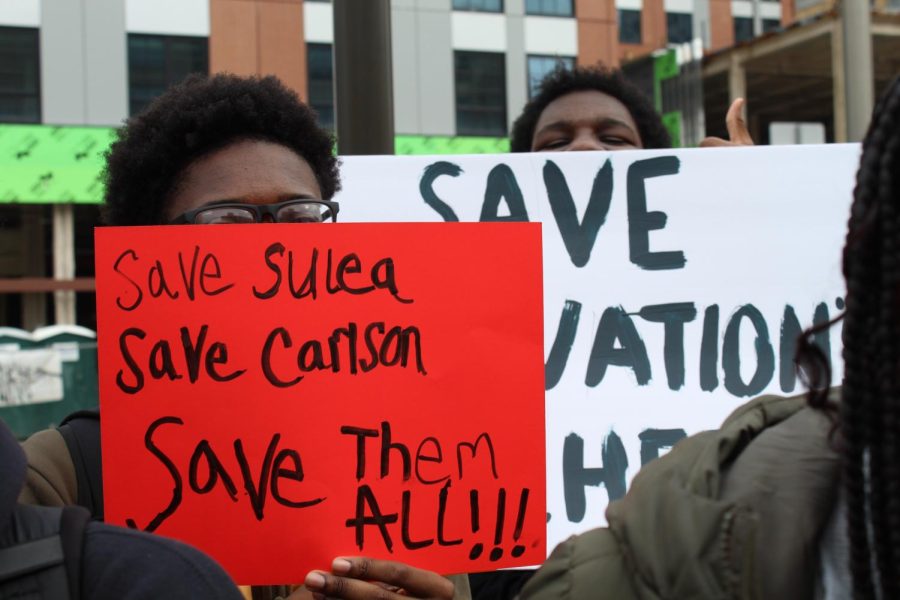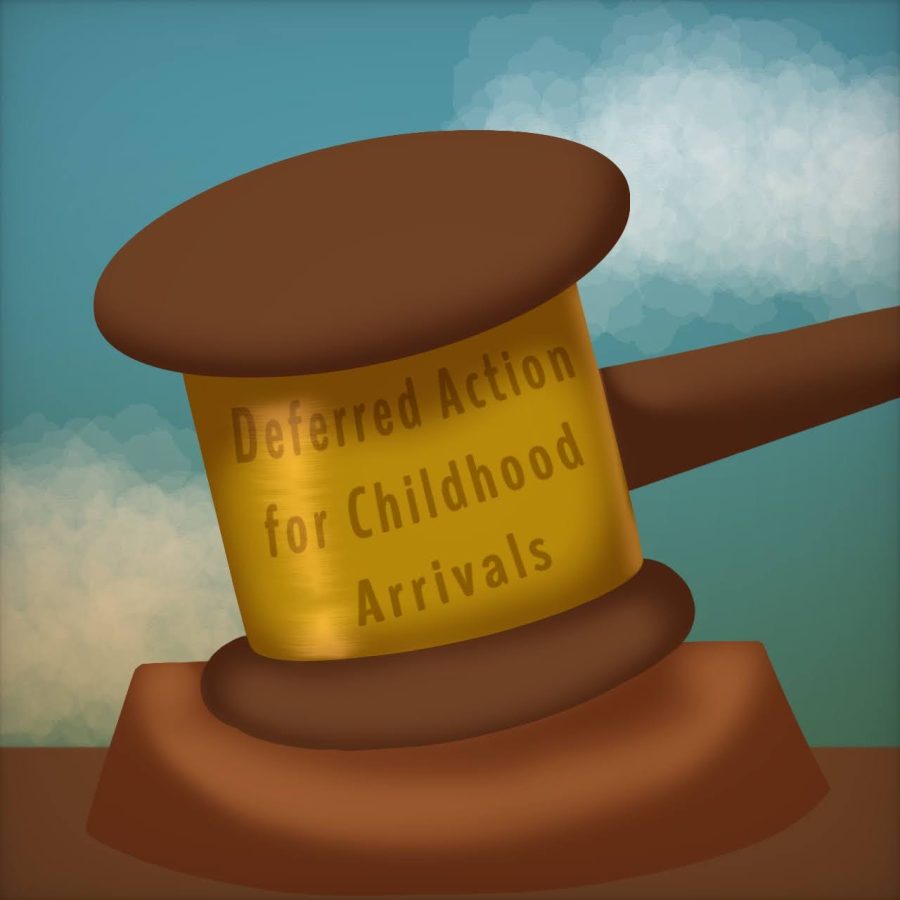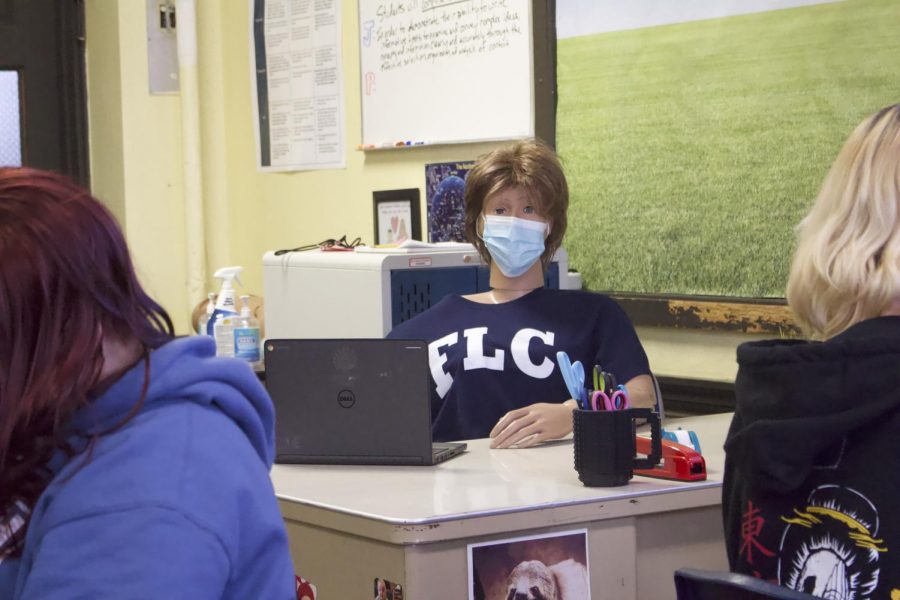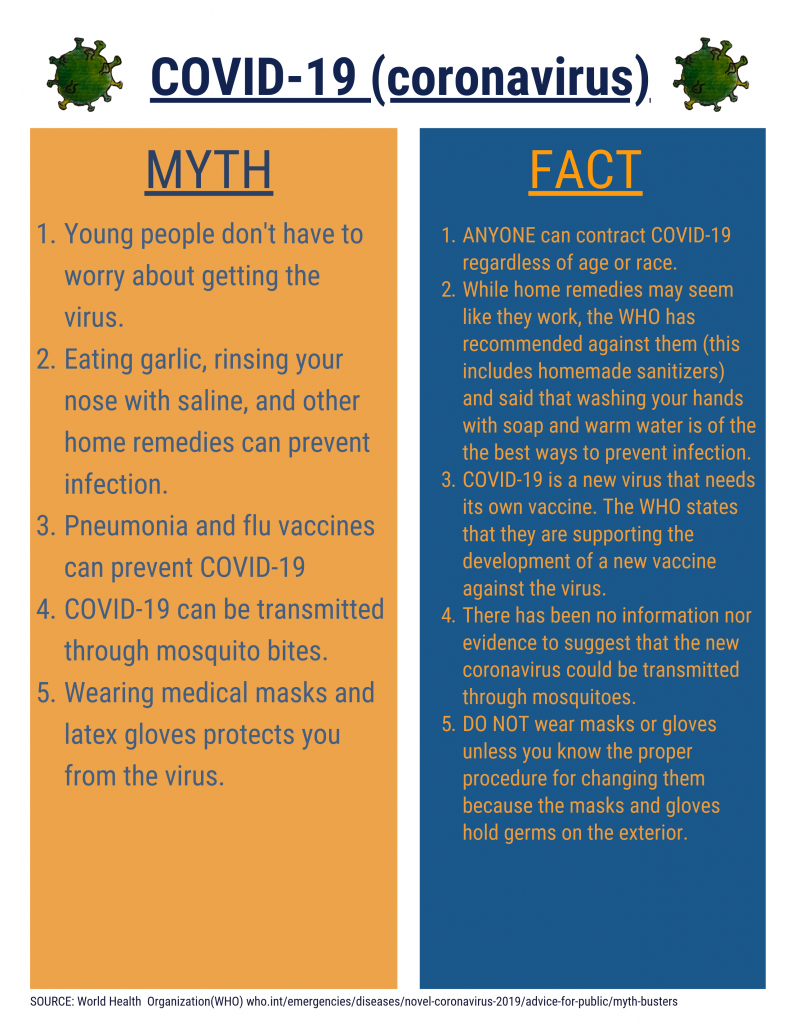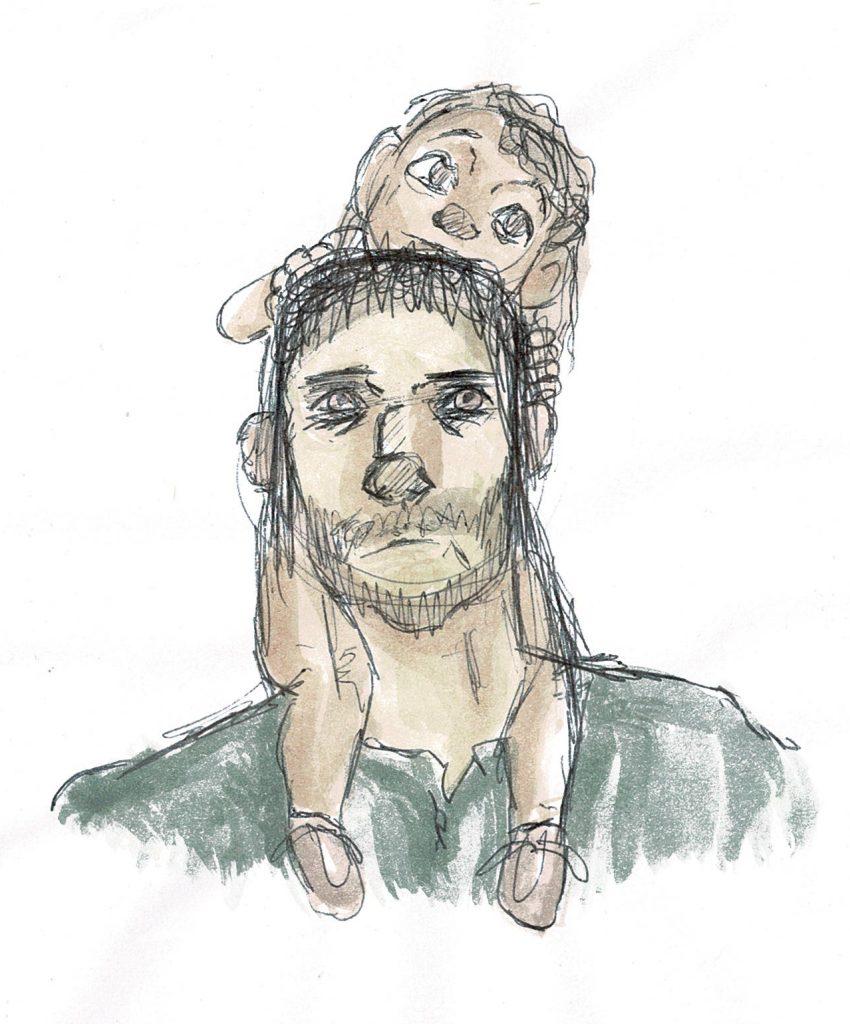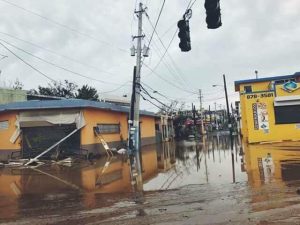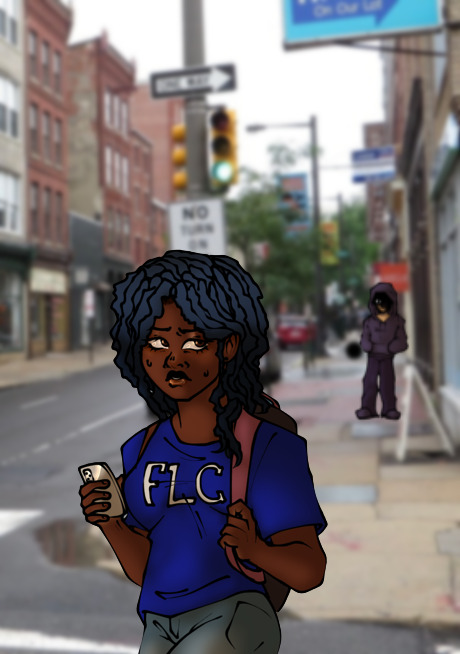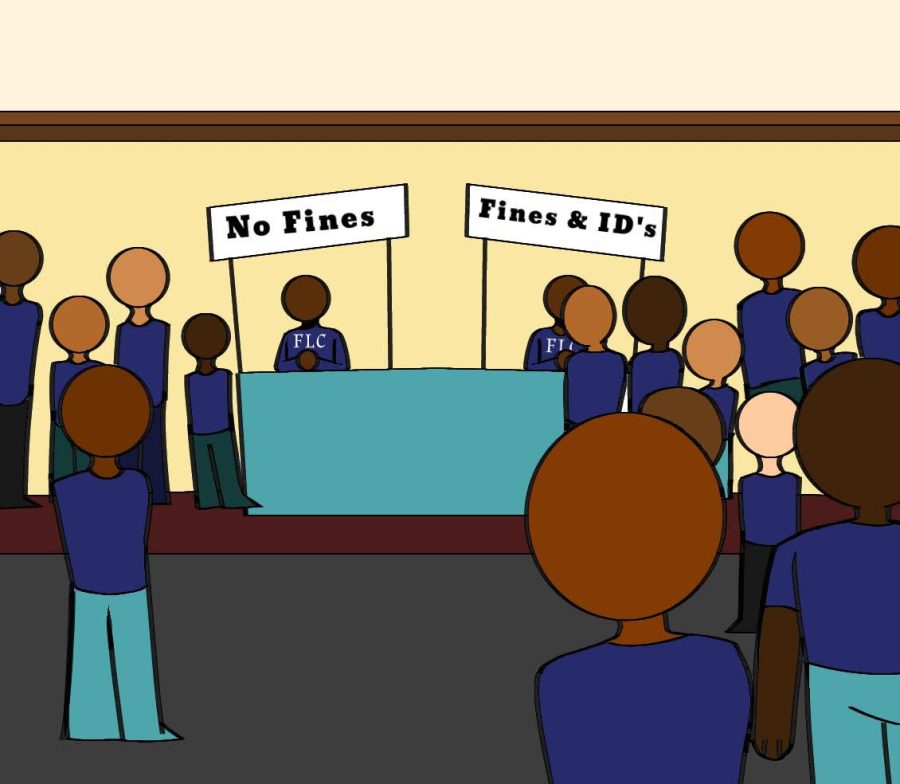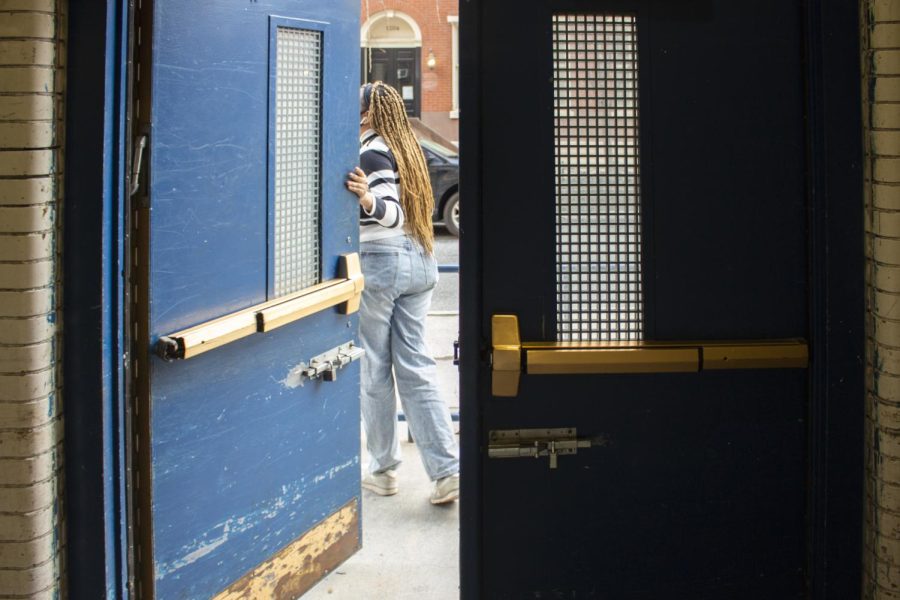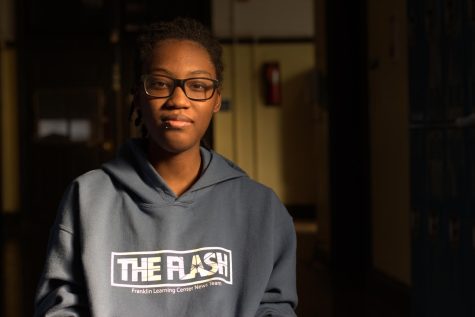DACA faces legal challenges
A gavel hitting the sound block reading “Deferred Action for Childhood Arrivals”
December 20, 2022
Deferred Action for Childhood Arrivals is a program created by President Obama that protects millions of young adolescents known as “dreamers” who have entered the United States illegally as children. And has proved to be a tremendous success for nearly one million immigrants and their families and communities to date. However, recent court reports indicate that the program is hanging tight on air, which will have a significant impact on the Hispanic communities once a decision is held. But, for now, nothing is secured for these individuals.
Heidi Kern is a bilingual teacher who created a Spanish for Native Speakers class at FLC. She’s currently in graduate school working on a Master’s in Transformative Education through West Chester University and is focusing on how to better honor the needs, identities, and culture of Latino students through public education in a society that is built on colonialism and racially biased capitalism.
“I think conservatives and Republicans do a great job sticking with their word, but they are fighting the wrong battle. Why continue to threaten hard-working people who have built their lives here? Many of them have no other country that they call “home” besides the United States, and to threaten deportation to a group of people that we have not provided a clear, direct path to citizenship is frankly immoral, in my opinion. Unless they are currently doing harm, people who came to the U.S. as children should not be punished for past actions of the adults in their family who chose to come here while undocumented.” Kern stated.
One aspect of their lives is secure, whereas the other isn’t. Participants can’t rely on DACA when there are several changes once a new president is held in position. It is difficult to live in uncertainty without a promising future. They aren’t able to plan ahead because the decision is in the hands of the court, not their own. It’s tough not to know what your day will look like in weeks, months, or even years. These people require a secure and reliable alternative choice.
“Immigration advocates said the ruling signaled that the only chance for DACA to survive was for Congress to pass a law to protect young immigrants, something it has been unable to do for more than two decades.” according to The New York Times website.
For the past few years now, such young adults with DACA and those attempting to obtain it have faced a number of challenges, as the Trump Administration agreed in 2017 to terminate it, effectively restricting any other immigrant from applying. Then, in July 2020, it was renewed with new applications. But now a controversy has been held once again.
“If renewals were denied, local communities would experience the effects almost immediately; an estimated 22,000 jobs would be lost each and every month for two years—roughly 1,000 jobs each business day.” according to the fwd.us website.
What does this mean?
It means that several people will no longer have the privilege of being able to live in the United States and pursue the American Dream. DACA grants these young people permission to live and work in the United States. They’re not living here for free, they are contributing to the economy, paying taxes, and holding jobs sustaining themselves and their families. They are not relying on help from others; rather, they are taking advantage of this opportunity. Without the benefits, everyone is at risk of being detained and deported.
According to the Higher ED Immigration Portal, “Undocumented students are a diverse population in higher education, with Hispanic students accounting for 48.5% of undocumented students, compared to 24.2% for Asian students, and 12.5% for Black students.”
“People today are still reeling from the uncertainties of the pandemic, rising inflation, wars overseas, the mental health crisis, and waves of gun violence that are impacting our cities. Adding a fear of deportation in Hispanic families is a form of oppression and psychological violence that must not be tolerated. No one should have to live in fear of being separated from their loved ones.” Kern stated.


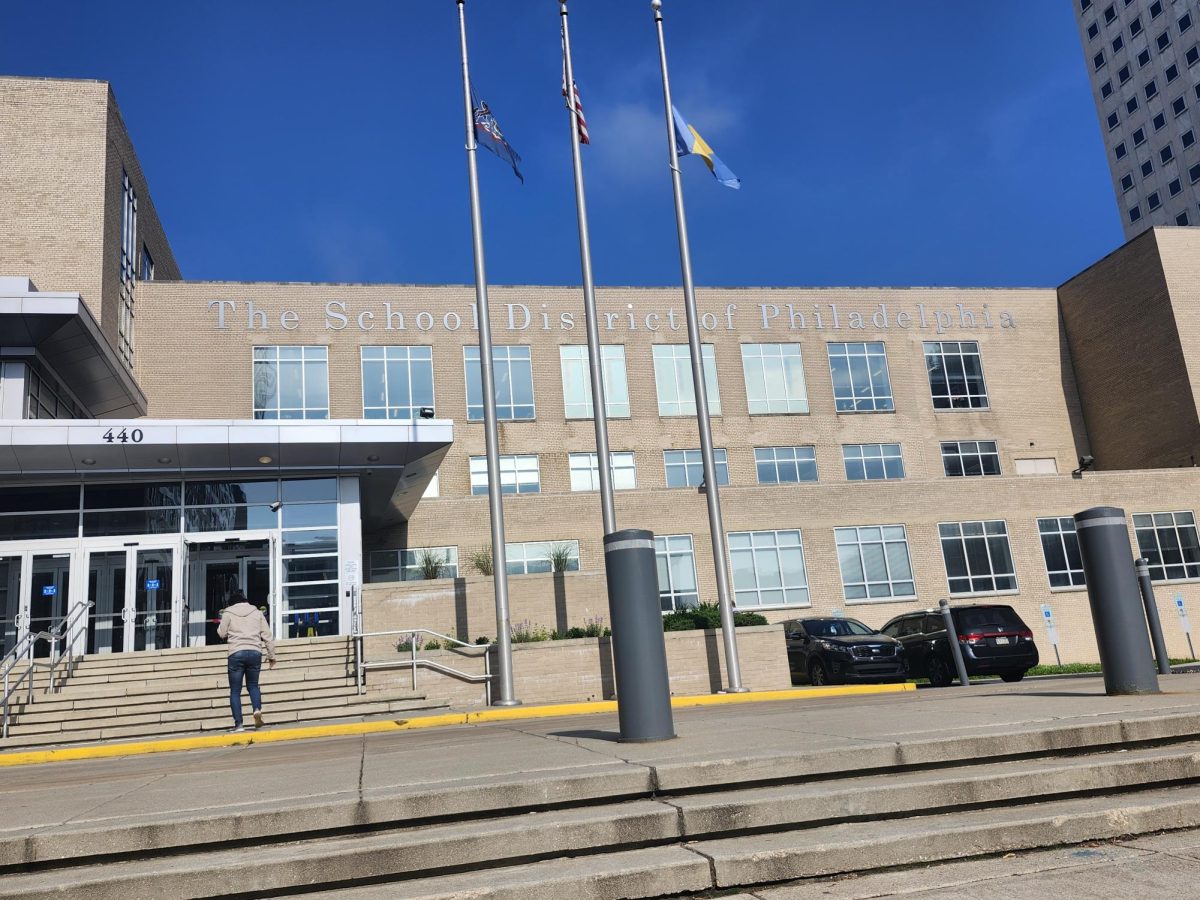


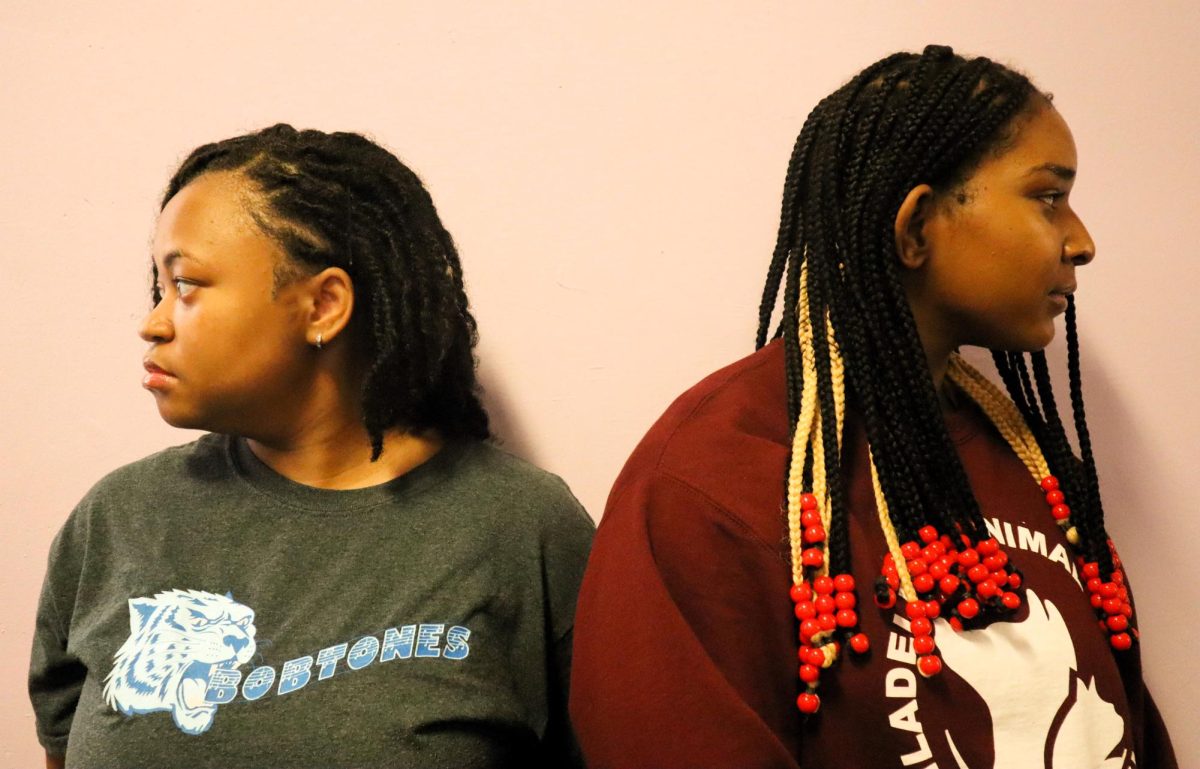

![[VIDEO] FLC 10th grade student awarded $40,000 in a BigFuture Scholarship](https://theflashflc.org/wp-content/uploads/2023/05/Screen-Shot-2023-05-02-at-4.39.10-PM-900x493.png)
![[VIDEO] Mayoral candidates campaign on student issues](https://theflashflc.org/wp-content/uploads/2023/04/IMG_1387-900x506.jpg)
